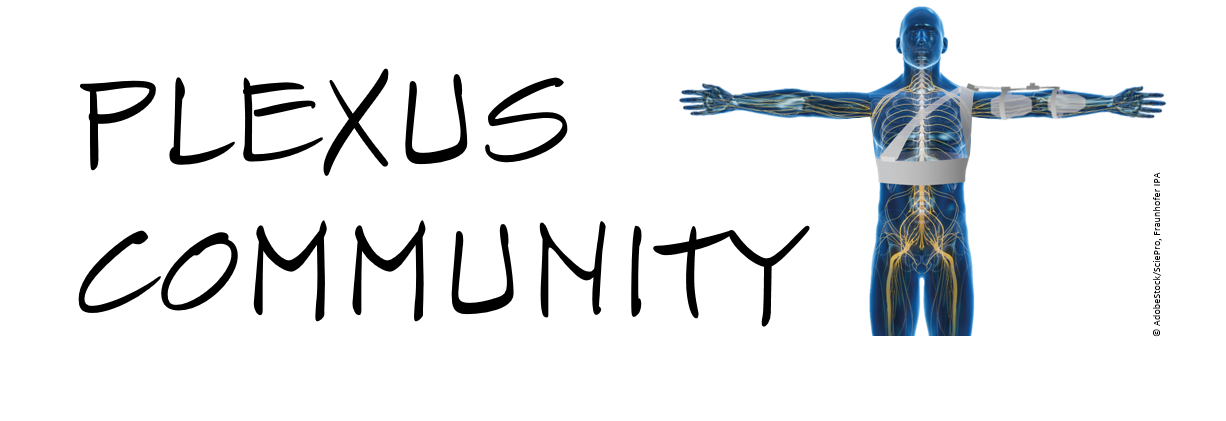A current research project by the Fraunhofer Institute for Production Technology and Automation (IPA), in collaboration with the University of Stuttgart, addresses this need for technical support systems for people with plexus injuries. The hypothesis being investigated is whether an active, body-worn exoskeleton/orthosis enables the (re-)habilitation of affected individuals.
In addition to the development of this exoskeleton, we also examine factors such as the quality of life of those affected and their reintegration into work and society.
In a first step, an analysis of the requirements and needs of the users is to be conducted.
On one hand, we conducted an experimental participant study in the summer of 2023. This study allows us to make statements about the significance of shoulder freedom of movement for everyday life activities. The findings serve as the basis for the technical implementation of the exoskeleton to be developed.
On the other hand, we have designed a large online study to analyze the needs of the users. As part of a quantitative Delphi study, we will evaluate the experiences of five expert groups.
The expertise of these five different groups of people is of particular interest to us:
| Group |
Description |
| (a) Medical Professionals |
(Neuro)surgeons, orthopedists, neurologists |
| (b) Therapeutic Professionals |
Physiotherapists and occupational therapists |
| (c) Assistive Technology Providers |
Orthopedic technicians, research/development (industry, universities, ...) |
| (d) Individuals with Plexus Injury |
Focus on traumatic BPI |
| (e) Secondary Affected |
Care staff and relatives |
 Fraunhofer Institute for Manufacturing Engineering and Automation IPA
Fraunhofer Institute for Manufacturing Engineering and Automation IPA